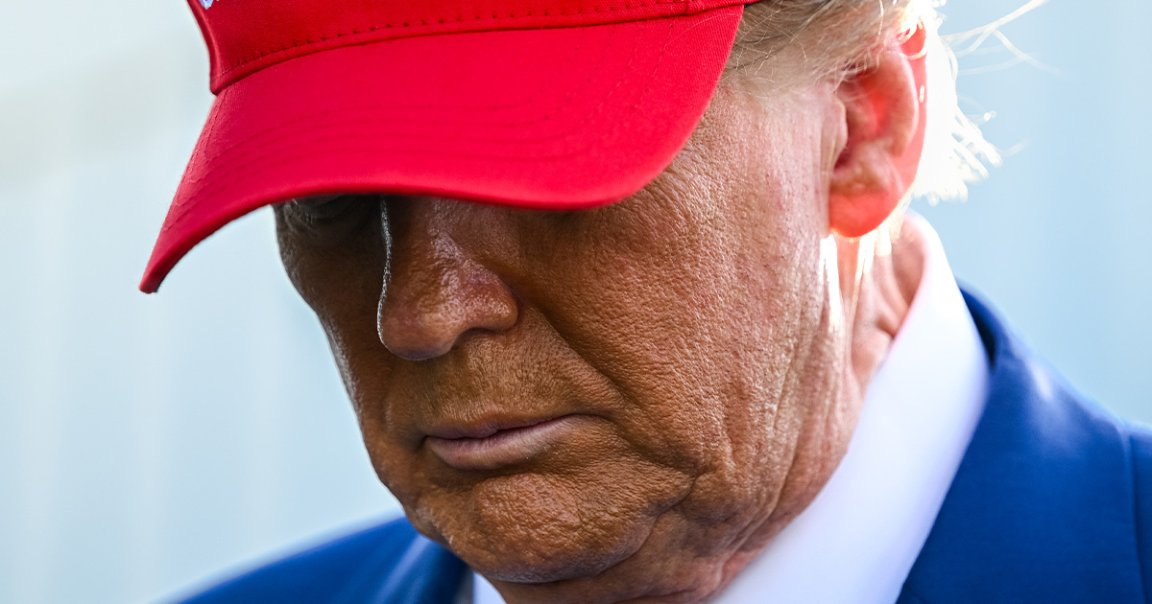
Off the Rack
President-elect Donald Trump’s newly-announced tariffs represent yet another headache for the troubled AI industry.
Long a part of Trump’s bid to get back into the White House, raising tariffs on Canada, China, and Mexico is now a cornerstone of the real estate mogul’s bold and short-sighted economic vision that says he’ll start enacting on his first day back in the Oval Office.
Geared towards punishing the flow of illegal drugs and undocumented immigrants, the president-elect plans to impose 25 percent tariffs on goods from Mexico and Canada, and 10 percent on products from China.
Instead of spurring American innovation, however, the announcement of these tariffs has sent shockwaves through the business world — especially for companies like the Taiwan-based AI chipmaker Nvidia, which declared last month that it’s “building the largest [superchip] production facility on the planet” with the Chinese electronics firm Foxconn in Guadalajara, Mexico.
Applied to any of Nvidia’s graphics processing units (GPUs) shipped to the US from the Mexico plant, these tariffs stand to make the chips used to run AI even more expensive — and that’s when they already cost tens of thousands of dollars apiece, with each new data center calling for racks upon expensive racks of them.
Taipei Times
The AI business is red-hot in hype, but it’s long struggled to make money — though its execs insist that building epic new data centers will clear a path for enormous profits.
Further complicating matters is that the island nation of Taiwan, which manufactures the vast majority of the world’s super chip, is technically exempt from the tariff proposal as it stands now. During a pre-election interview with the anti-scientific pundit Joe Rogan, however, Trump suggested it shouldn’t be that way.
“You know, Taiwan, they stole our chip business,” he told the podcaster at the end of October, “and they want protection.”
Tariffs like these are obviously meant to pressure companies into building facilities in the United States, but several of the world’s biggest chipmakers either have plans for American plants in the works, or have already begun building them.
Earlier this year, Nvidia supplier SK Hynix announced that it plans to invest $4 billion into building a packaging plant in rural Indiana. The Taiwan Semiconductor Manufacturing Company (TSMC), meanwhile, already has a massive plant in Arizona that’s nearly finished.
With so much in flux during Trump’s second presidential transition, it’s too soon to say for sure how these proposed tariffs will hit come January 20 — and if he’ll still go through with them once his business backers realize how much they’ll inflate the costs of consumer goods.
More on Trump and AI: AI Bros Terrified Singularity Will Hit While Trump Is President